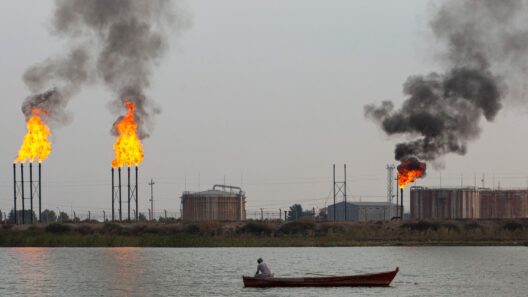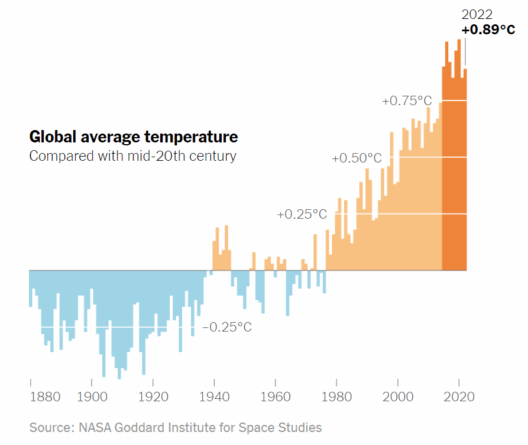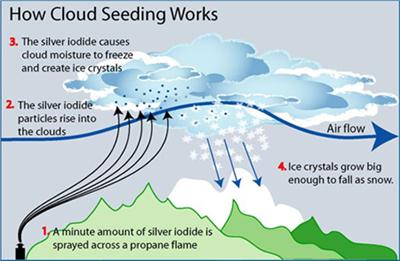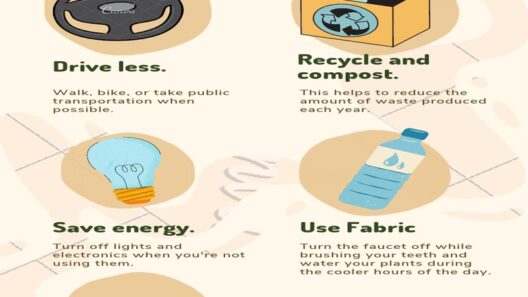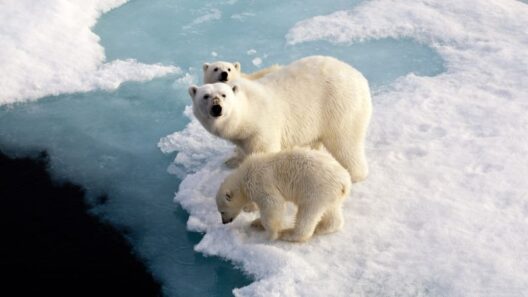As the clock ticks towards an impending ecological catastrophe, the metaphorical hourglass of our planet’s health teeters precariously. With each passing grain of sand, the reality of climate change casts a long shadow over our future. The question looms large: “Will climate change kill us?” While some may debate the degree of urgency, the mounting evidence points towards an inevitable reckoning. Climate change is not merely a distant specter; it is an active, pulsing reality that is reshaping ecosystems, endangering species, and threatening human civilization itself.
The planet is like a finely tuned orchestra, each element playing its part in a symphony of life. However, climate change strikes discordant notes that reverberate across the globe. From rising temperatures to shifting precipitation patterns, the ramifications are profound. The incessant rise in global temperatures, inching ever closer to catastrophic thresholds, serves as a harbinger of doom for countless species and human communities intertwined within the web of life.
The science is unequivocal. As greenhouse gas emissions escalate, the Earth’s climate system undergoes unprecedented transformation. The Intergovernmental Panel on Climate Change (IPCC) asserts that if rigorous measures to curb emissions are not implemented, the world could witness an increase in average temperatures by 1.5 degrees Celsius above pre-industrial levels within the next couple of decades. This seemingly slight rise belies its profound consequences, triggering chain reactions that cannot be overstated: ice caps melting, sea levels rising, and extreme weather events becoming the new normal.
Metaphorically, we stand at the precipice of a cliff, peering into the abyss. Every scientific report, every climate-related disaster—be it hurricanes, wildfires, or droughts—serves as a palpable reminder of the fragility of our existence. The phenomenon of heat deaths encapsulates this stark reality. As the Lancet Countdown report highlights, rising temperatures terrify, sending vulnerable populations straight into the jaws of mortality. The elderly, children, and those with preexisting health conditions find themselves at the mercy of a climate that no longer behaves as it once did.
Individuals may find it challenging to grasp the severity of the situation when the impacts feel abstract. Yet the repercussions of climate change are profoundly personal. The loss of biodiversity, for instance, resonates through the very fabric of human experience. As habitats erode and species extinction rates soar, humanity’s connection to nature diminishes. The intricacies of pollination, the delicacy of food chains, and the aesthetic beauty of varied ecosystems all teeter on the edge of obsolescence.
Moreover, the implications of climate change extend beyond environmental degradation. Societal structures tremble under the weight of this crisis, leading to increased resource scarcity, forced migration, and geopolitical tensions. The concept of climate refugees—a term that was virtually unheard of just a generation ago—now looms large within the global landscape. The movement of populations fleeing inhospitable conditions signifies the urgent need for a concerted response, for their plight is entwined with our collective future.
To envision a future ripe with potential rather than despair is possible, but only through transformative action. Committing to ambitious climate policies, investing in renewable energy, and fostering sustainable practices is crucial. Such initiatives will serve as a lifeline, allowing society to reverse the trajectories that lead to destruction. This is not merely an environmental endeavor; it is a moral imperative. The ethos of stewardship calls for a united front, one that encompasses individuals, communities, and nations.
In tandem with policy reform, the role of education cannot be understated. Raising awareness about the intricacies of climate change equips individuals with the knowledge required to engage effectively with this issue. By demystifying complex scientific data and compelling narratives about environmental resilience, education becomes a formidable tool for empowerment. Cultivating a generation of environmentally literate citizens ensures that ecological consciousness is woven into the very fabric of societal norms.
In this fight against time, every action counts. Individual choices, such as reducing carbon footprints through mindful consumption, can collectively yield profound benefits. The metaphor of the butterfly effect resonates here; small, seemingly inconsequential decisions can catalyze monumental shifts. In the face of monumental challenges, grassroots movements emerge as pivotal forces of change. Communities, armed with passion and purpose, are capable of inciting transformations that reverberate far beyond their localities.
However, it is vital not to fall prey to despair. While the specter of climate change looms large, the potential for rejuvenation exists. The climate crisis serves as a clarion call for innovation. The realm of technology has the capacity to unlock solutions hitherto confined to the realm of dreams. Carbon capture and storage, advancements in battery technology, and sustainable agricultural practices represent merely the tip of the iceberg of possibilities.
In summation, the existential threat presented by climate change is indeed formidable. The narrative we must embrace acknowledges the reality of our interconnected existence, challenges us to confront our role within the tapestry of life, and inspires proactive engagement. The clock may be ticking down towards a metaphorical apocalypse, yet within this countdown lies an opportunity for transformative action. As stewards of the Earth, it is incumbent upon us to harmonize with nature, to assert dominion not through destruction, but through reverence. The survival of our species and the flourishing of our planet depend on it.




